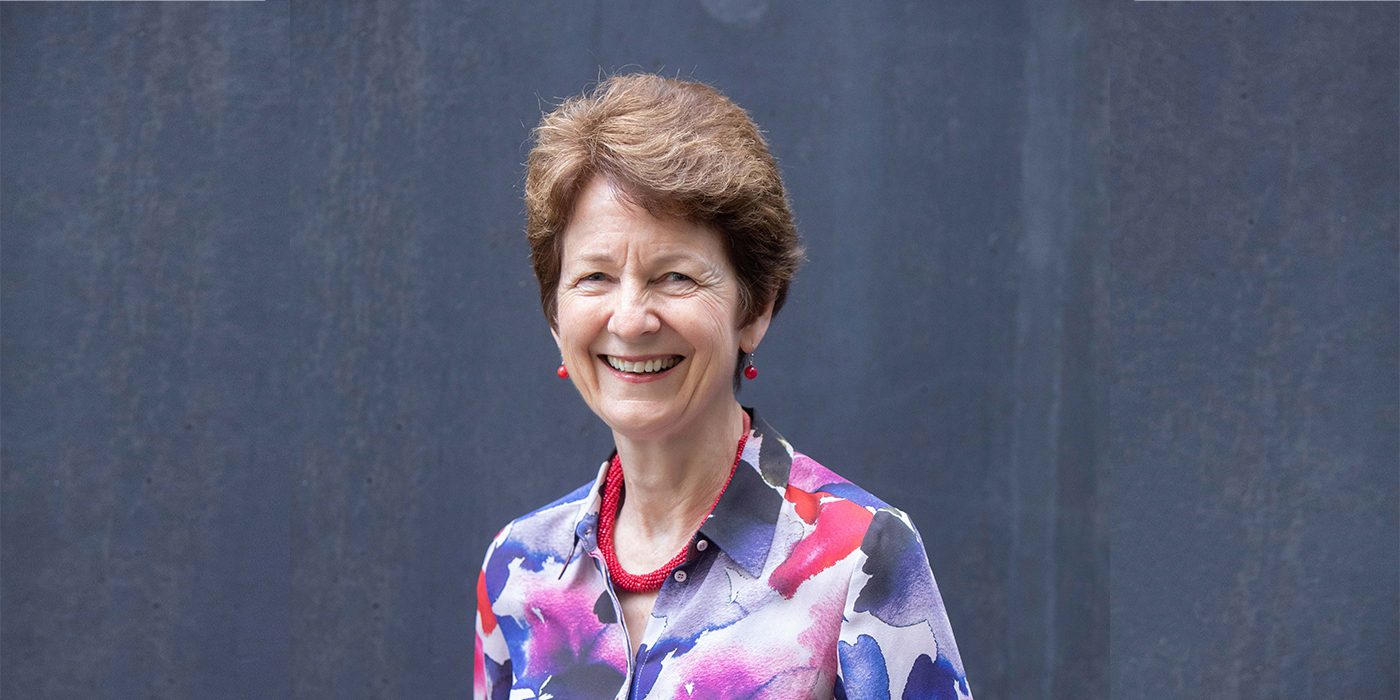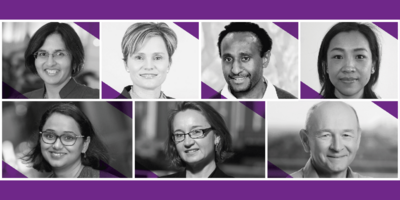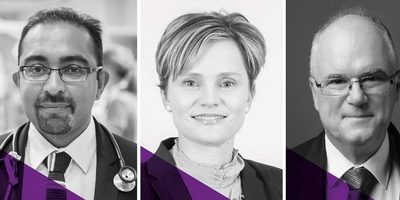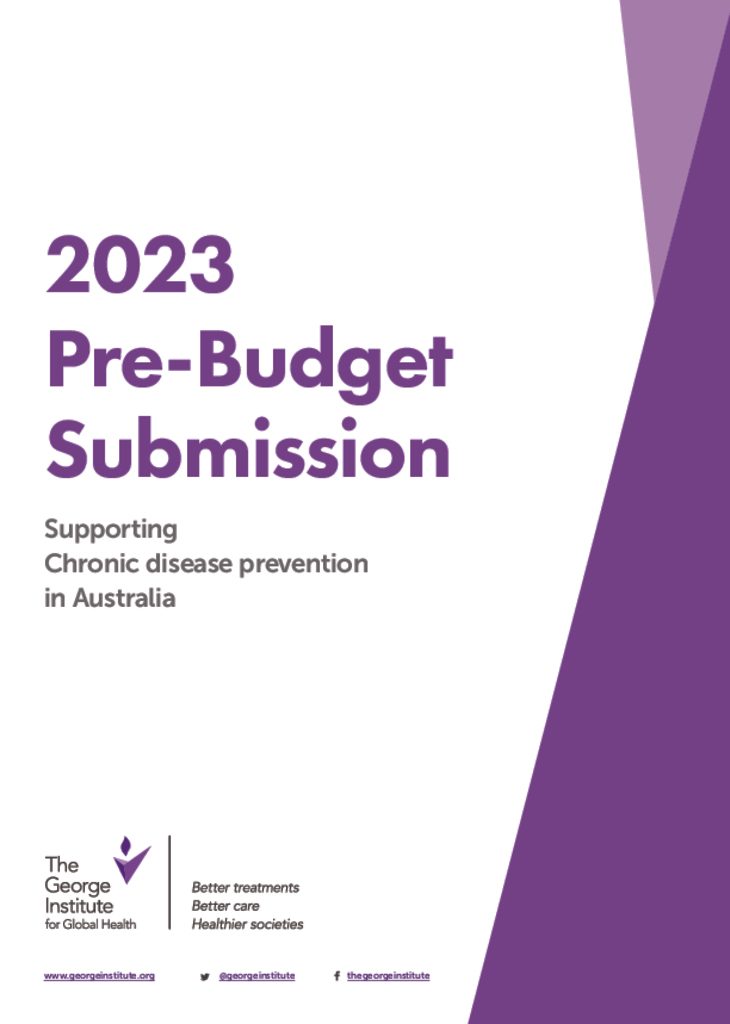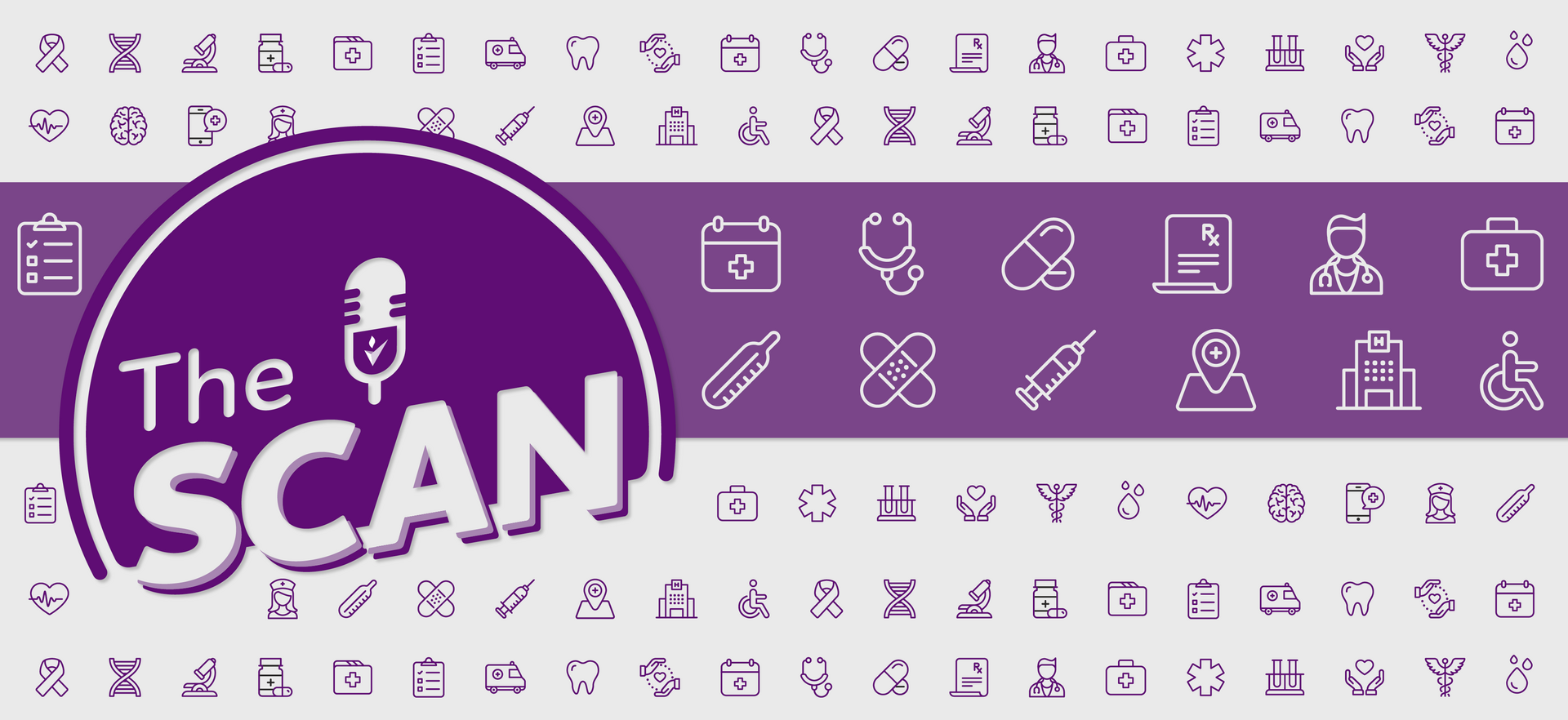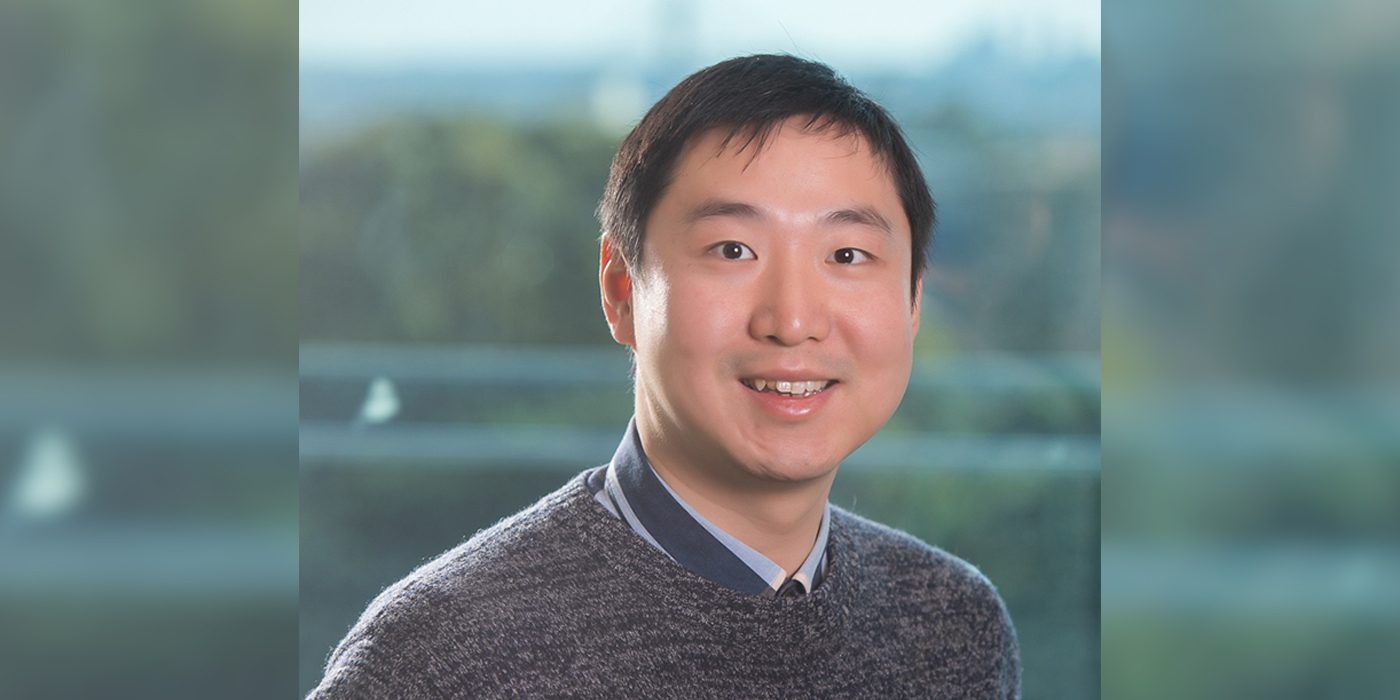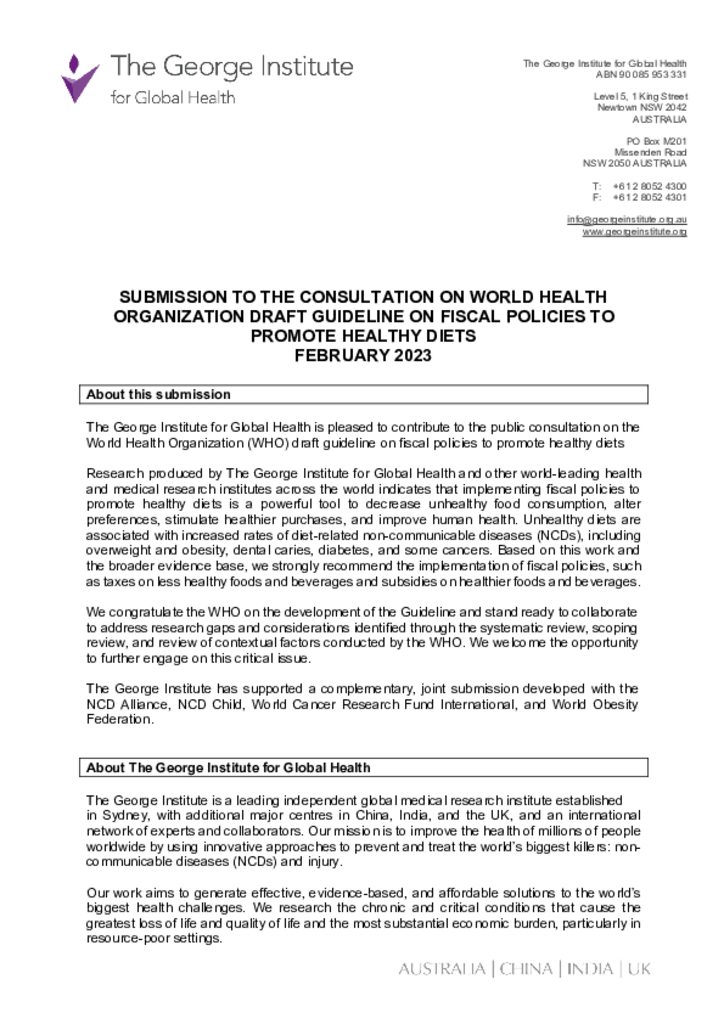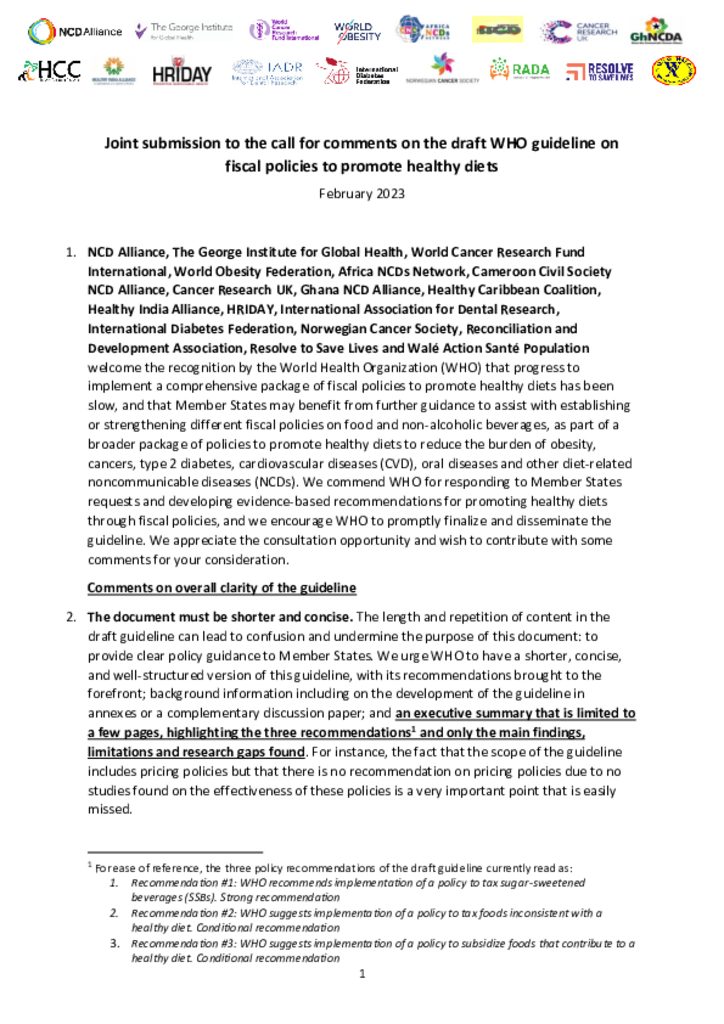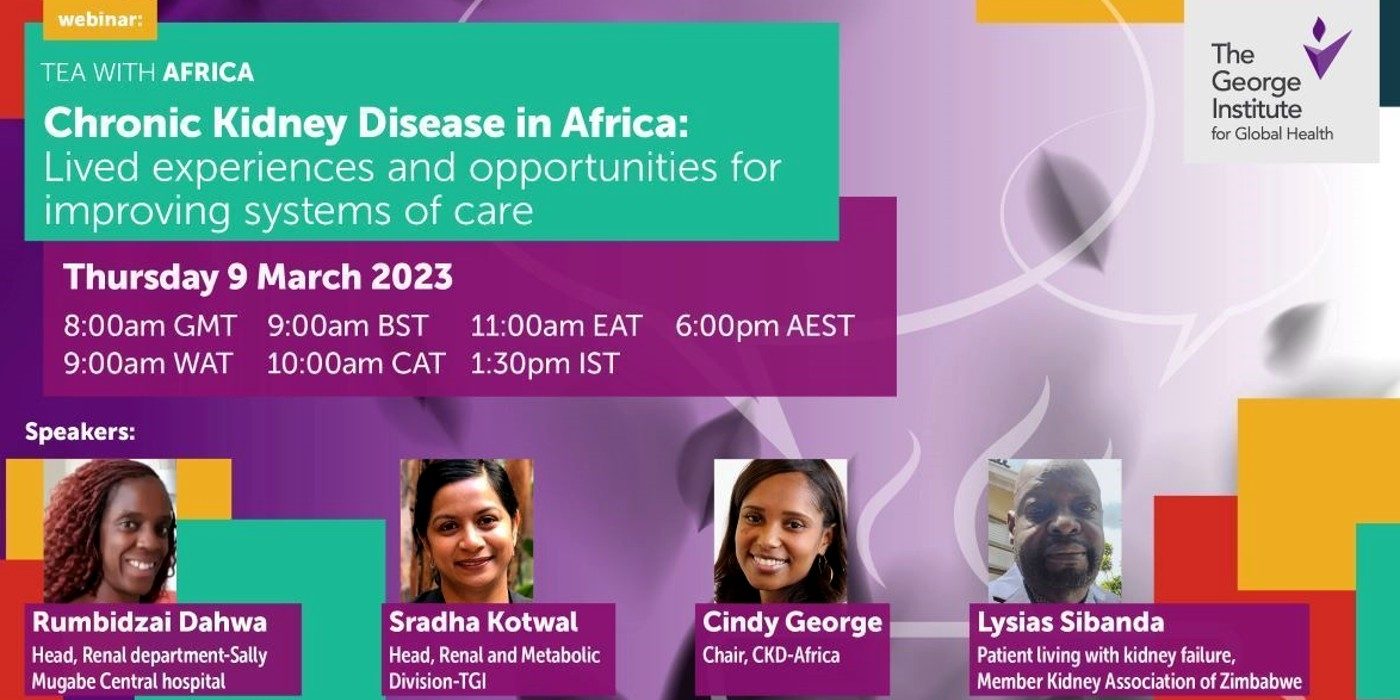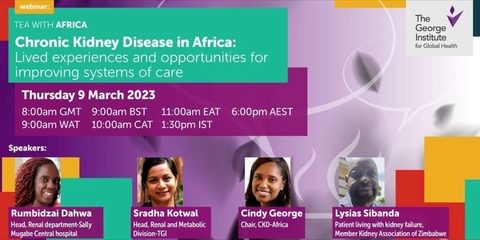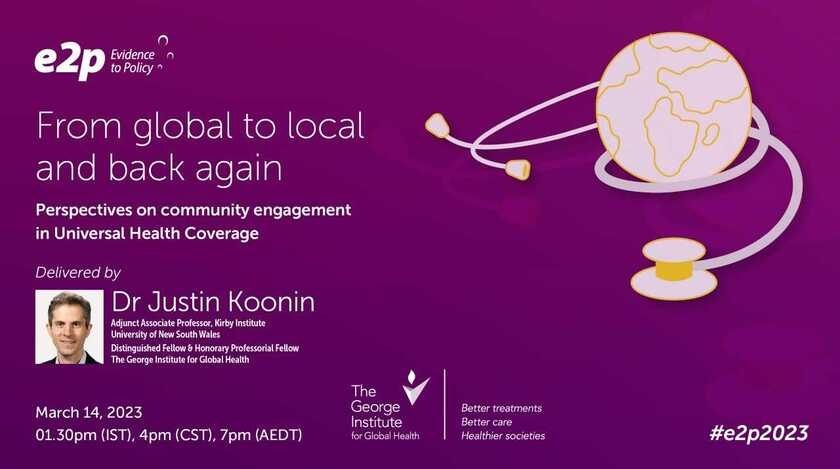The George Institute has been awarded one of the Australian Government’s Medical Research Future Fund (MRFF) grants to trial an electronic Clinical Decision Support System (CDSS) to improve the diagnosis and treatment of breathlessness. The study, titled BREATHE, will examine the feasibility and benefits of using a CDSS - an electronic system to help clinical decision making - in improving patient outcomes compared to usual care.
Project lead Prof Christine Jenkins, Head of the Respiratory Group at The George Institute, says, “One in every ten Australian adults experiences breathlessness, but it is often misdiagnosed and mismanaged. The BREATHE-CDSS will help reduce the time taken to diagnose the causes accurately and provide patients with a treatment approach tailored to their needs.”
In Australia, around two million people have difficulty breathing. This limits their physical activity, reduces productivity and impacts their wellbeing.
“Our focus groups with GPs have highlighted many challenges in providing the best care for these patients. Misdiagnosis, overuse of medicines and expensive tests are some of the barriers. There is an urgent need for a new approach to tackle them,” explains Prof Jenkins.
Breathlessness has multiple causes. But most can be addressed by accurate diagnosis and comprehensive management of chronic respiratory diseases such as asthma, post-COVID symptoms and Chronic Obstructive Pulmonary Disease (COPD). With each of these conditions requiring a distinct treatment pathway, there is a need for a personalised, multifaceted approach suited to each patient.
“Our CDSS will support patients’ priorities in managing their condition and related co-morbidities, for example, assistance with reducing anxiety with breathing techniques, and support for weight loss. It links to high quality educational materials and mobile apps that patients can use to reduce the impact of their symptoms day by day” adds Prof Jenkins.
The BREATHE project will proceed in three phases. The first will involve testing the feasibility and acceptability of the CDSS. This will be followed by a year-long randomised clinical trial of the system in general practices in New South Wales to see how it fares against current usual care. The last phase of the project will examine its cost-effectiveness for potential scale-up.
Developed by a multidisciplinary team of clinicians and technical experts from across The George Institute, UNSW Sydney and the University of Sydney, the BREATHE-CDSS will be the first clinical electronic support system for breathlessness globally.
This project team includes senior researchers Prof David Peiris and Dr D Praveen who have developed and implemented similar digital tools for cardiovascular disease detection and management. The SMARTHealth and Healthtracker clinical support systems are currently in use in primary care settings across Australia and other countries.
The five-year long BREATHE project will begin in 2023. The Lung Foundation of Australia is a key partner on the project. It will contribute by developing patient-focused resources, building clinicians’ skills and supporting patient engagement and empowerment.


